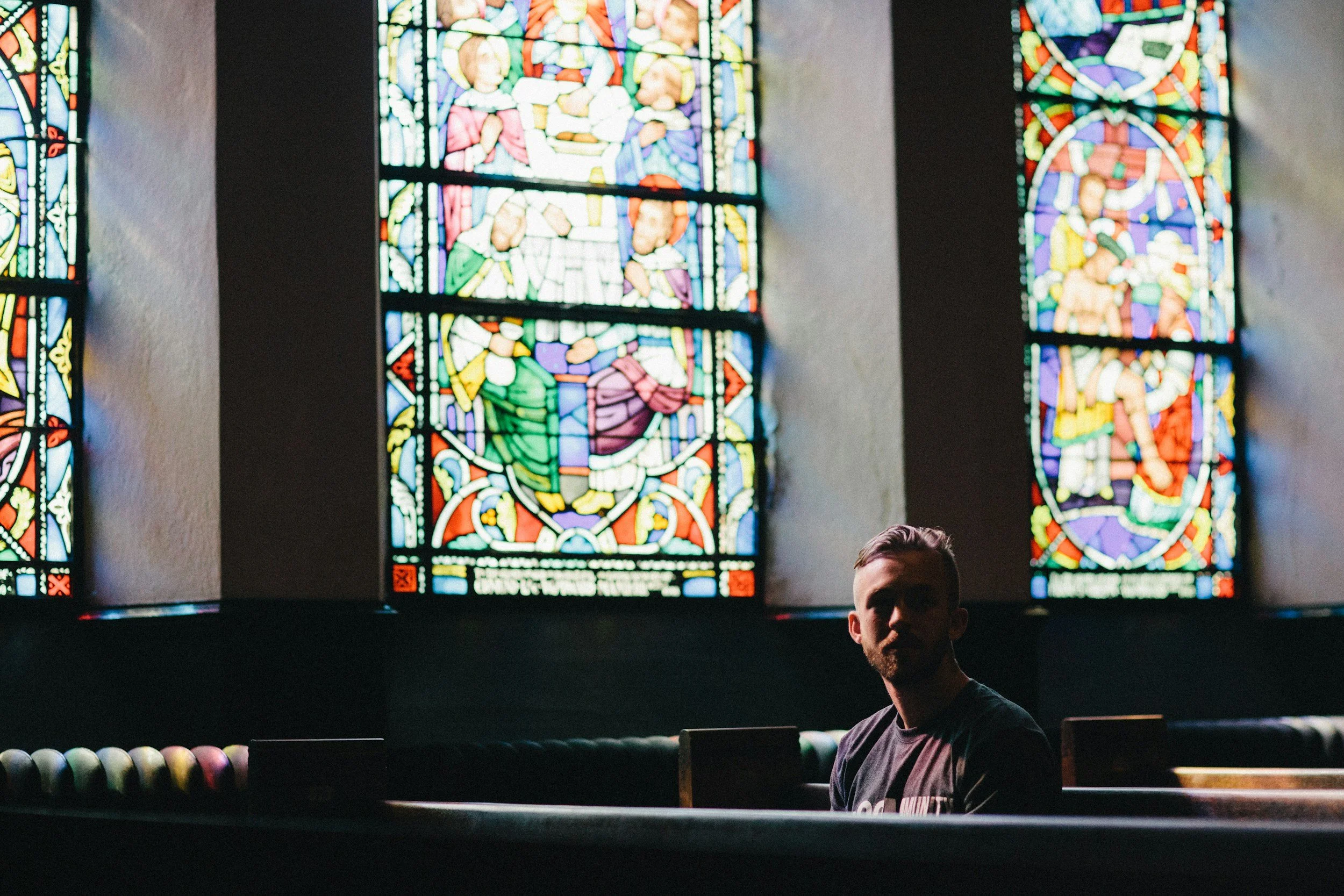(ANALYSIS) My working hypothesis is that in areas like immigration, there won’t be a really strong slope to the line — never attenders will basically feel the same as those who attend religious services on a weekly basis. While issues with a clear theological angle will see a line that tilts pretty steeply (in either a positive or negative direction).
Read More(OPINION) As I’ve argued for years, being spiritual on your own isn’t enough. I located a column I wrote in 2015 — speaking of repeating myself — that outlined a half-dozen arguments for why believers need to join a congregation of like-minded pilgrims. Here’s a lightly edited version of that.
Read More(ANALYSIS) Educated people are more likely to attend religious services weekly than those with a lower level of education. I wrote a long piece about that a while ago. But someone (I can’t recall now, it was maybe in a Twitter reply) asked if that same relationship held for both men and women.
Read MoreIn recent decades, poor attendance led an increasing number of congregations to end Sunday night activities or try approaches such as small-group meetings or service projects instead of regular assemblies. For many, the COVID-19 pandemic accelerated that trend as churches stopped Sunday night services and never resumed them.
Read More(ANALYSIS) The group that is the most likely to attend services are not the poor, nor the wealthy. Instead, it’s people who are smack in the middle of the income distribution. This analysis points to the following conclusion: The people who are the most likely to attend services this weekend are those with college degrees. In other words, middle class professionals.
Read More(OPINION) Danger signs began decades ago. Giving to religious groups — defined in terms of potential donations based on after-tax incomes — peaked in 1960 and then began to decline, even as church membership numbers and budgets kept rising.
Read More





